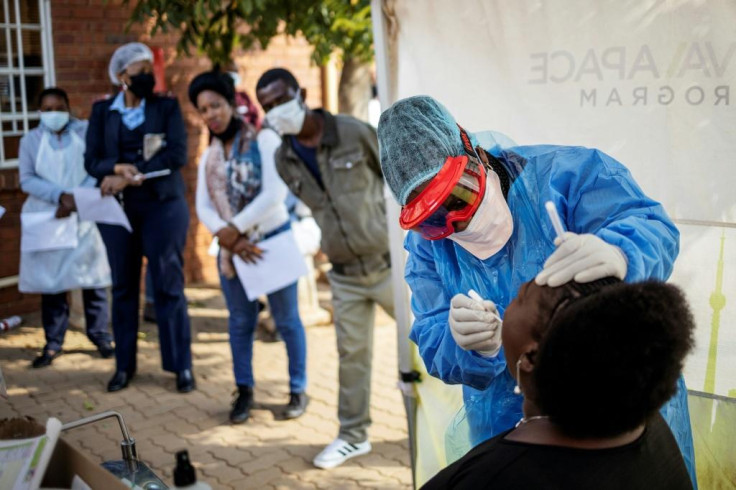COVID-19: Medical researchers claim there is still more to learn about virus
In the early stages of the coronavirus outbreak, the general consensus was that only those who are elderly or with existing complications were at risk.
Even though it appears that medical experts already have a grasp on everything about SARS-CoV-2, new findings regularly emerge. So far, the general public is aware of its highly contagious nature and the symptoms that soon follow after infection. However, scientists are discovering more about how the virus wreaks havoc on a person's immune system. It has been observed that its effects are felt not only in the lungs but on other organs of the body as well.
Therefore, researchers urge people to take all safety precautions seriously in order to slow down transmission until a vaccine or cures comes along. University of California San Francisco molecular biologist Nevan J. Krogan describes it as "at the molecular level, it's something we've never seen before," and then look at what it does to the body – the long list of symptoms – we've never seen that before.
In the early stages of the outbreak, the general consensus about coronavirus was that only those who are elderly or with existing complications were at risk. What followed after were reports of infected children who experienced symptoms akin to that of Kawasaki disease. Then there are those who are in their 30s and 40s who also died from a stroke after being diagnosed with COVID-19.
So far the best course of treatment being developed is the use of antibodies. While some medications purportedly work against it, clinical trials are still underway to determine its overall safety. According to USA Today, studies show that a single COVID-19 patient is likely to infect another 5.7 people as a rough estimate. Compared to the 1918 Spanish flu, it is twice as contagious.
What worries doctors is a condition called silent hypoxia. Most patients are unaware that their oxygen levels are already compromised and experience something alarming until it is too late. Those who are diagnosed with COVID-19 and are in self-isolation are encouraged to use a pulse oximeter to regularly monitor their oxygen levels.

Thankfully, there have been several clinical trials that reported positive results. Some are testing vaccines, while others are working on treatments. Meanwhile, healthcare analysts project that it will be available much later this year or early next year.
© Copyright IBTimes 2025. All rights reserved.





















